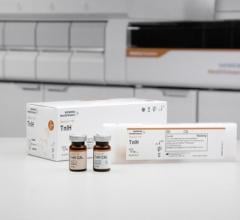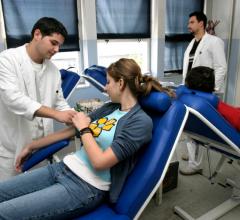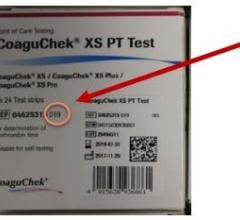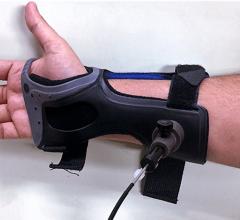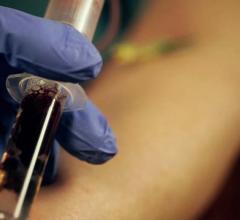
The Corus CAD gene expression test is a simple, noninvasive blood test that is available to assess a patient’s current likelihood of having obstructive coronary artery disease (CAD).
The diagnosis and management of cardiovascular disease has long followed a familiar approach. Patients see their physicians due to symptoms of chest discomfort, shortness of breath and generalized weakness among other complaints. Doctors have a number of proven tests with long track records available to help determine whether there is significant coronary artery disease (CAD). Doctors may utilize an electrocardiogram (ECG), a stress test – pharmacologic or exercise, an echocardiogram, magnetic resonance imaging angiography, CT coronary calcium scan or and invasive coronary angiogram. These tests are useful when used at the right time and for the right patient.
The burden that doctors carry when deciding which test is right for their patients is a bit more complex. Doctors need to ensure they correctly diagnose their patient, while alleviating patient concerns when the doctor’s best judgement says a blockage in the heart artery is not the cause of their patients’ symptoms. This brings up an interesting question: Should the doctor still perform one of the tests mentioned above? And is this test the best option for my patient?
Some of these tests can be expensive and carry risks. Some can land patients right on an operating table. Yet, when patients are experiencing symptoms that could be a manifestation of CAD or other cardiac problem they often want reassurance beyond that of their doctors’ words. In this case, many doctors simply use one of the diagnostic tests mentioned above, in spite of the risks involved and the high costs. This puts a burden on the healthcare system. Simply stated, we need a more efficient way to determine whether patients need to go on for further cardiac evaluation or be treated for non-cardiac sources by ruling out CAD.
The recent American Heart Association’s (AHA) scientific statement, "The Expressed Genome in Cardiovascular Diseases and Stroke: Refinement, Diagnosis, and Prediction," recently published in the journal Circulation: Cardiovascular Genetics provides the comfort needed to broaden the use of a category of newer tests involving the expressed genome.[1] The statement described how the expressed genome can currently, as well as in the future, potentially be used to diagnose cardiac disease and predict who will develop coronary artery disease, stroke, heart failure and arrhythmias. One example highlighted in the Scientific Statement is the category of gene expression tests that look at what’s happening in the body right now. These tests can help provide a current assessment, or status, of the patients’ cardiovascular health.
There is one test the AHA paper cited as having the largest body of work on gene expression profiling for CAD, the Corus CAD test. Corus CAD is a simple, noninvasive blood test that is clinically available for the assessment of obstructive CAD or blockage in the heart arteries. The test factors in the patient’s age, sex and gene expression profile. I have personally used this test with great success in my practice. The AHA paper substantiates the broad data package that proves the test to be valid and useful. This test can be used to help a doctor rule out obstructive CAD early in the work-up, freeing both the patient from worry and the doctor from pursuing costlier and riskier diagnostic procedures. It is one of only two examples the AHA paper used to highlight the benefits of the expressed genome in cardiology.
The authors of the Scientific Statement concluded that gene expression tests are an exciting development and consider them to be an important part of the advancement of cardiac care. The paper asserts that we now have the ability to address disease at many levels that were previously inaccessible.
The applications of the Human Genome Project, which led to the advances discussed within, as well as genetic testing for cardiology in general, have allowed the field to further its diagnostic options. And, I am excited to share that we can expect to see even more progress in the next five to 10 years in terms of broader applications of the various approaches born out of this research.
Editor’s note: Andrew R. Waxler, M.D., FACC, is a cardiologist with Berks Cardiologists, Ltd., Wyomissing, Pa., and treats patients at Penn State-St. Joseph Medical Center and Reading Health Center in Reading, Pa. He is board-certified in cardiology, internal medicine and nuclear cardiology.
Reference:


 October 09, 2019
October 09, 2019 
